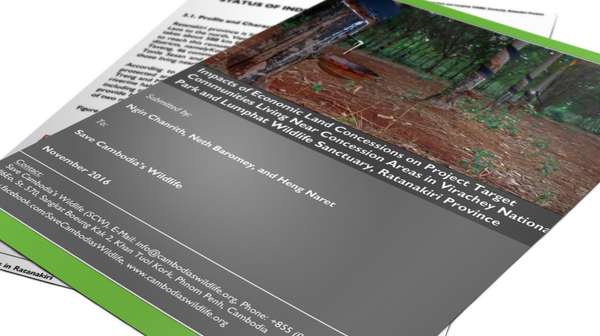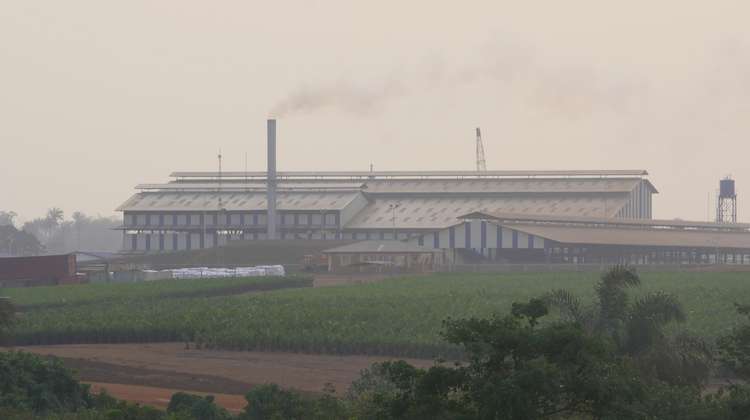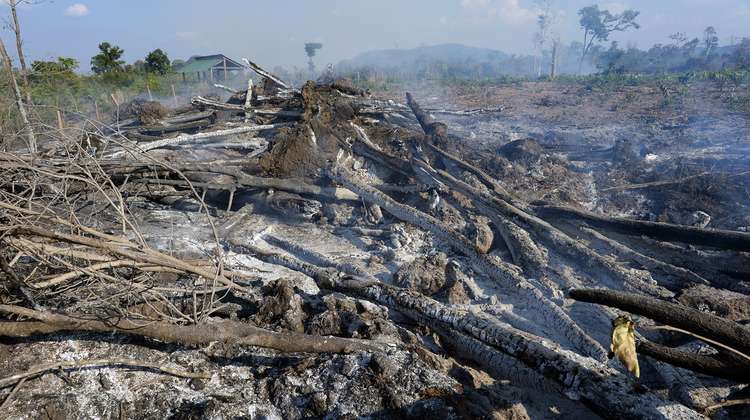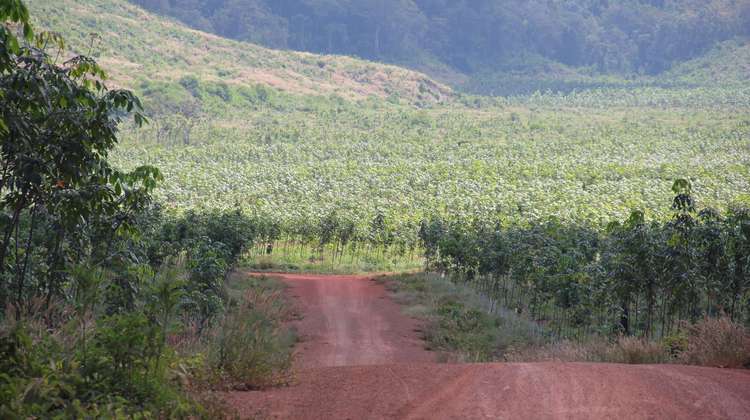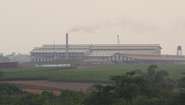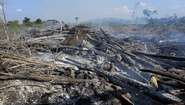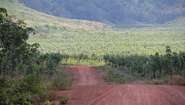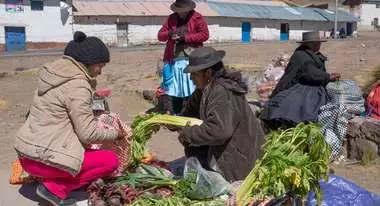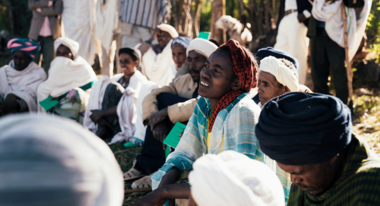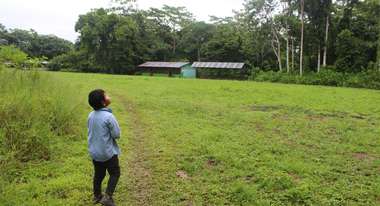Analyzes the impact of economic land concessions on community-protected areas and Indigenous people.
Farmers’ rights must be protected
Land grabbing is widespread in many countries in the Global South where hunger is widespread and governments are weak and corrupt. Small farmers and members of indigenous peoples are driven off their land or forcibly resettled. Without the arable land that such groups have been managing for generations, hunger increases worldwide. Legitimate land rights must be protected.
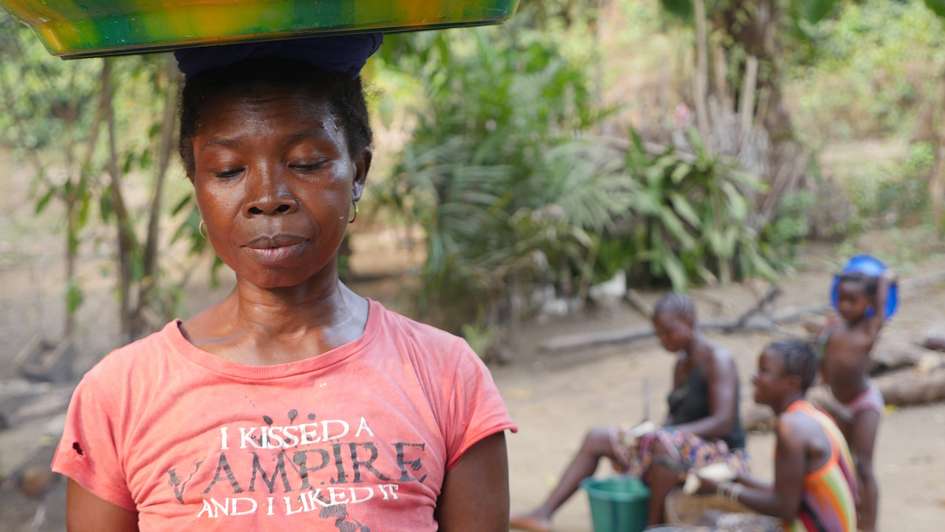
If land or what is grown on it brings in money, it is valuable, particularly for small farmers in the Global South. 2.5 billion people have been managing around half the land in the world for generations. Their existence depends on it. Despite managing this land for a long time, they generally do not have documented or recognized rights. This is where the problems start. Multinational companies and governments often do not recognize legitimate customary rights: Land grabbing is widespread. About 33 million people around the world have lost their livelihoods through systematic violation of land rights by large foreign investors and influential national actors.
Investors are targeting natural resources
Palm oil is used in the food industry, and sugar cane is made into biofuels, while hunger and poverty are forgotten. Land grabbing occurs mostly in countries with dysfunctional and corrupt governments. Without arable land, small farmers cannot produce any food, and fair compensation, jobs, and appropriate wages for hard work on the new plantations turn out to be empty promises.
Three levels to bring change
- Internationally through advocacy work in the countries from which the investors come, and in international associations such as the Committee on World Food Security
- Nationally in the project countries, by supporting non-governmental organizations working to change the political conditions
- Locally, with the affected communities, so they can demand their rights
More say for farmers in Cambodia
“Before we just complained and cried. Now we are fighting!” says Pel Pak proudly. Like many families, he owned land in the village of Chan in the Cambodian province of Ratanakiri. It was taken away from them to build rubber tree plantations. For this reason, local partner organization CEDAC focuses extensively on awareness raising. The village residents did not know their rights and they could not make their demands heard. Their negotiating position with investors is stronger if they are organised in committees. The families gain legal land titles and record them in land registries.
UN guidelines protect land rights
Welthungerhilfe’s (WHH) advocacy work is geared toward the Voluntary Guidelines on the Responsible Governance of Tenure of land, fisheries and forests in the context of national food security (VGGT). Passed by the Committee on World Food Security in 2012, they are intended to ensure that land and usage rights are protected, and that affected people, particularly indigenous peoples and regional communities, are involved in state decision-making processes. However, as the name implies, the VGGT are just guidelines and implementation is voluntary. For this reason, it is the duty of civil society and those involved in development policy to push for observance of the VGGT recommendations. Governments and companies around the world must be open about their foreign operations, and checks must be carried out to see if they are observing the guidelines.
Light and shadow in Sierra Leone
The VGGT has had a significant influence on new land policy. As soon as the government puts them into law, this creates a legal framework to prevent land grabbing and resolve existing conflicts. A case in point is the land grabbing by the Belgian agricultural investor Socfin Agricultural Company (SAC) in Sierra Leone. After the government granted 20,000 hectares of arable land in the Pujehun district to SAC for a period of 50 years without sufficiently informing and involving the population, the nutrition situation deteriorated. Farmers were forced to work on the new palm oil plantations for extremely poor wages. The network supported by WHH, ALLAT, documents these abuses and pressures political actors to remedy them. Welthungerhilfe also advises on alternatives for private investments that actually benefit small farmers, for example, contract cultivation in the cocoa sector. People’s rights must be strengthened and implemented to create structures for justice that can reduce hunger and poverty.





